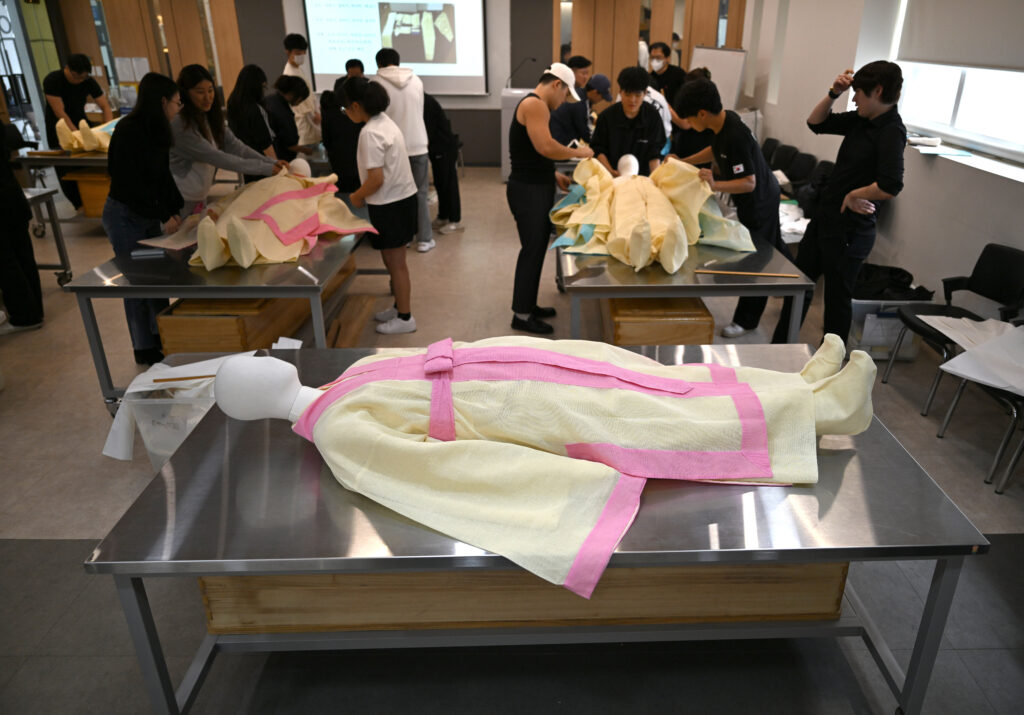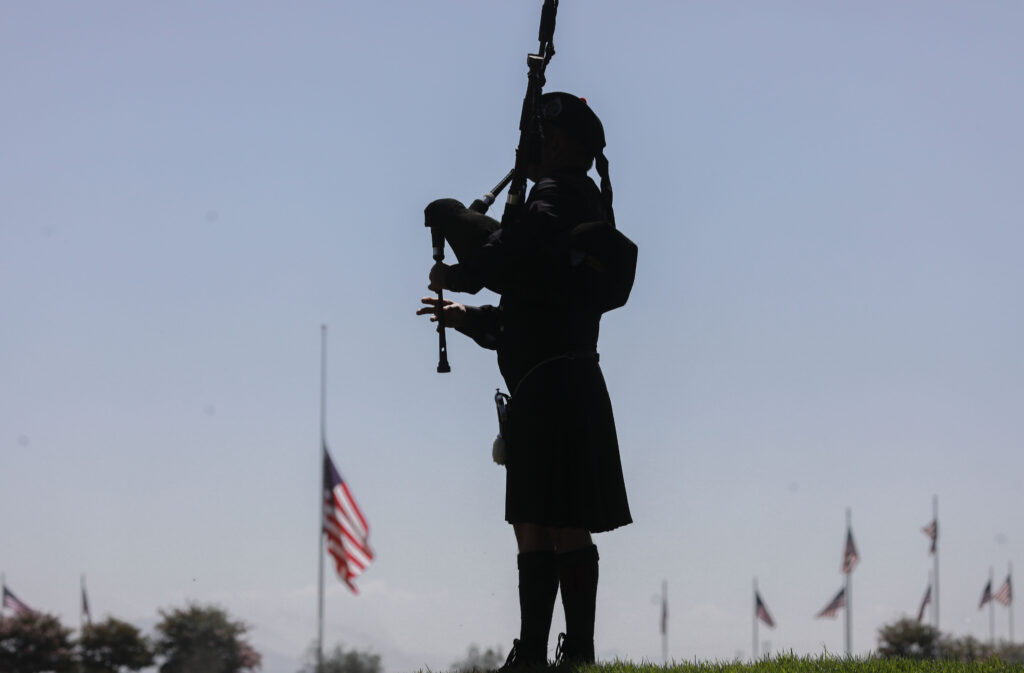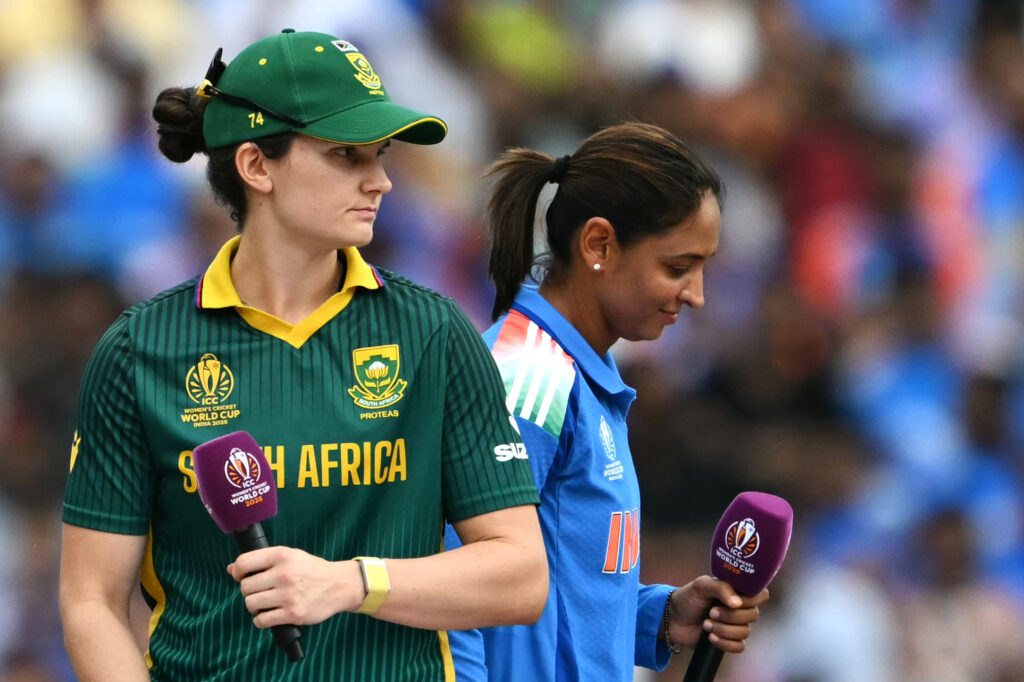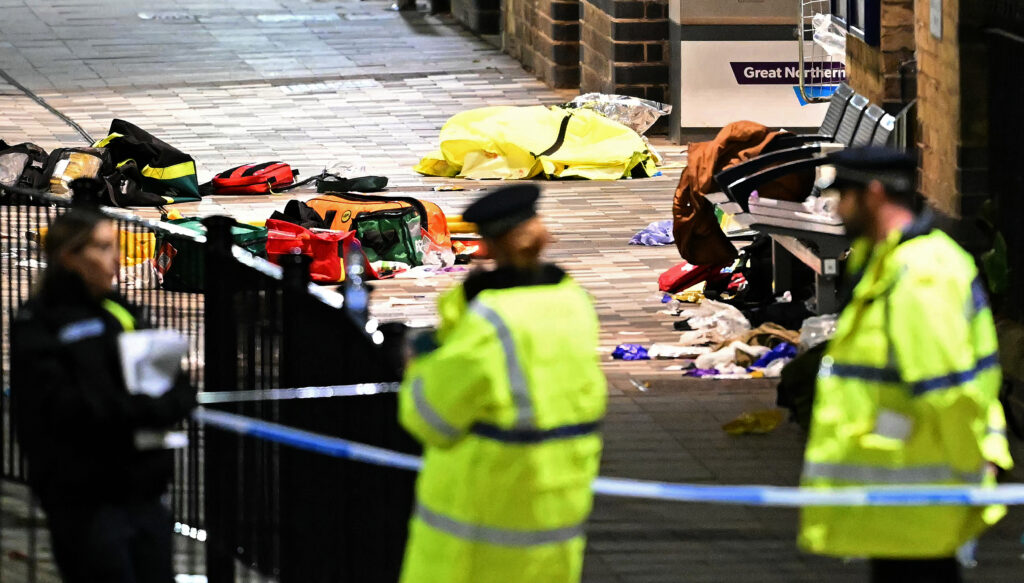Eric Dunham, père de famille et porteur de handicap, dépend du programme public d’aide alimentaire pour vivre et se nourrir, comme 42 millions d’Américains. Mais la paralysie budgétaire aux Etats-Unis a causé la récente suspension de ces aides. “Si je ne reçois pas mes bons alimentaires, je ne peux pas manger”, témoigne cet homme de 36 ans, qui navigue entre plusieurs petits boulots. Il explique qu’après avoir déduit la pension alimentaire mensuelle de son salaire pour ses deux enfants, il ne lui reste “que 24 dollars” pour vivre.Ce midi, il a pu déjeuner grâce aux dons d’un restaurant de Houston, au Texas, dans le sud des Etats-Unis.Les effets du blocage budgétaire, débuté il y a plus d’un mois, se sont étendus samedi aux Américains qui dépendent du programme Snap, que l’Etat fédéral a arrêté de financer malgré une décision de justice ordonnant son maintien. Donald Trump a affirmé sa volonté de continuer à financer l’aide alimentaire, mais pendant que l’administration américaine s’adapte, des millions d’Américains se retrouvent privés de ce programme essentiel.- Solidarité -Par ailleurs, des centaines de milliers de fonctionnaires ont été mis au chômage technique, causant des perturbations dans le trafic aérien ou la fermeture de parcs nationaux. “Il y a beaucoup de licenciements et, en plus, les gens n’ont plus droit aux bons alimentaires. Personne ne sait ce qu’il va se passer, alors j’ai préparé des sandwichs pour les bénéficiaires du programme Snap, afin qu’ils aient au moins un repas garanti”, affirme Nhan Ngo, le propriétaire du restaurant où Eric Dunham a pu déjeuner.Dans le sud de cette ville de plus de 2 millions d’habitants, des milliers d’automobilistes qui n’ont pas reçu leurs bons alimentaires – ou craignent de ne pas les recevoir cette semaine – font la queue devant un stade où la banque alimentaire de Houston remplit les coffres de voitures de fruits et de denrées non périssables.”Aujourd’hui, le programme d’aide Snap a été suspendu, ce qui est sans précédent dans l’histoire. Cela touche environ 425.000 foyers rien que dans la région de Houston. Tout le monde fait son possible pour aider ces familles à s’en sortir en attendant”, affirme Brian Greene, président de la banque alimentaire de Houston.Car bien qu’un juge fédéral ait ordonné vendredi le maintien du programme, “il faudra plusieurs jours pour que ça redémarre”, dit-il.- “Déclencher une guerre” -Cette suspension de Snap a touché Sandra Guzmán, 36 ans, mère de deux enfants, qui a demandé la semaine dernière ses bons alimentaires, sans succès.”J’ai appelé il y a deux jours pour demander mes bons et on m’a dit qu’on ne savait pas ce qui allait se passer (…) On ne parle pas de quelque chose de luxueux, mais de quelque chose de basique : de la nourriture pour mes enfants. Les bons alimentaires représentent 40 % de mes dépenses, cela a donc un très gros impact sur ma famille” , explique-t-elle.May Willoughby, 72 ans, est venue au stade avec sa petite-fille pour récupérer des vivres. Elle pense que si Snap n’est pas rétabli, cela pourrait semer le chaos à travers le pays.”Nous avons besoin de nos bons alimentaires, de notre sécurité sociale, de notre assurance maladie, et nous en avons besoin maintenant. Si vous les supprimez, cela va déclencher une guerre et les gens vont commencer à voler, à se battre entre eux pour obtenir ce dont ils ont besoin pour nourrir leurs familles”, insiste-t-elle.Un peu plus loin, Carolyn Guy, 51 ans, mère de quatre enfants et actuellement sans emploi, a jugé absurde que l’administration investisse dans d’autres choses, comme la nouvelle salle de bal à 300 millions de dollars voulue par Donald Trump à la Maison Blanche, plutôt que dans l’aide alimentaire.”Ils nous enlèvent nos bons alimentaires, mais ils vont construire une salle de bal. Ca n’a aucun sens”, regrette-t-elle.







